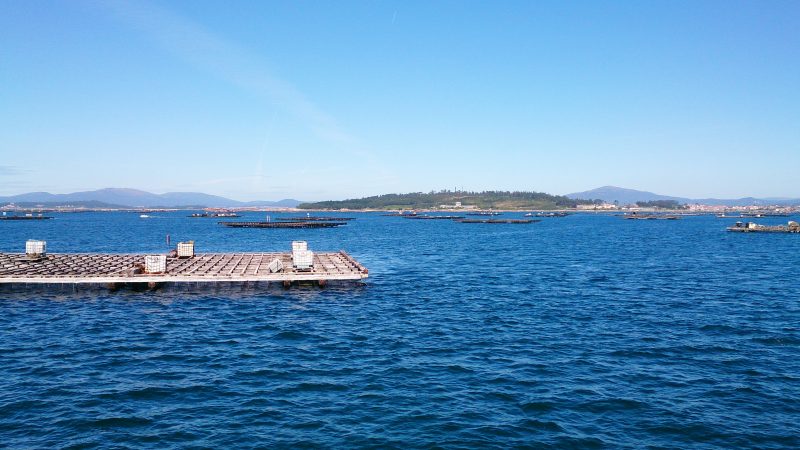Thursday March 5th, Marisela Des Villanueva, predoctoral researcher of the EPhysLab (Environmental Physics Laboratory, CIM-UVigo), will present the lecture How will climate change affect living organisms in the Rías Baixas? at the “Café con Sal” conference cycle.
The impact of global change in marine and estuarine areas will affect living organisms in many different ways, and it is necessary to analyze the possible and probable vulnerabilities of these systems in order to establish mitigation and adaptation strategies. Within the framework of the MarRisk project, the Environmental Physics Laboratory (EPhyslab), in collaboration with the University of Aveiro (Portugal) and the Rey Juan Carlos University (Spain), study how the climate change may affect living organisms in the Rías Baixas using the numerical model Delft3D.
During this talk, Marisela Des will first give and overview of the effects of climate change on the upwelling, since it is the main factor responsible for the high productivity of the rias. Then, she will speak about the effects of the climate change on the mussel aquaculture, one of the most important sectors for the economy of the region, and on the species distribution of two macroalgae, Himanthalia elongata and Bifurcaria bifurcata. All these studies have been carried out analyzing changes in the main physical variables that can affect these species.
The conference will take place at the conference room of the ECIMAT at 11:00h with a coffee and will be live streamed on http://tv.uvigo.es/es/directo/1.html and permanently available on CIM and UVigoTV websites.
Vídeos
- Presentación de Marisela Des Villanueva Alba Hernández, CIM-UVigo
- How will climate change affect living organisms in the Rías Baixas? Marisela Des Villanueva, investigadora del Laboratorio de Física Ambiental (Ephyslab, CIM-UVigo)
- Turno de preguntas. How will climate change affect living organisms in the Rías Baixas? Marisela Des Villanueva, investigadora del Laboratorio de Física Ambiental (Ephyslab, CIM-UVigo)

